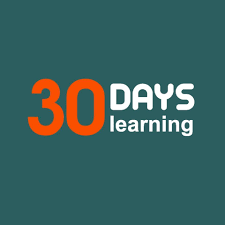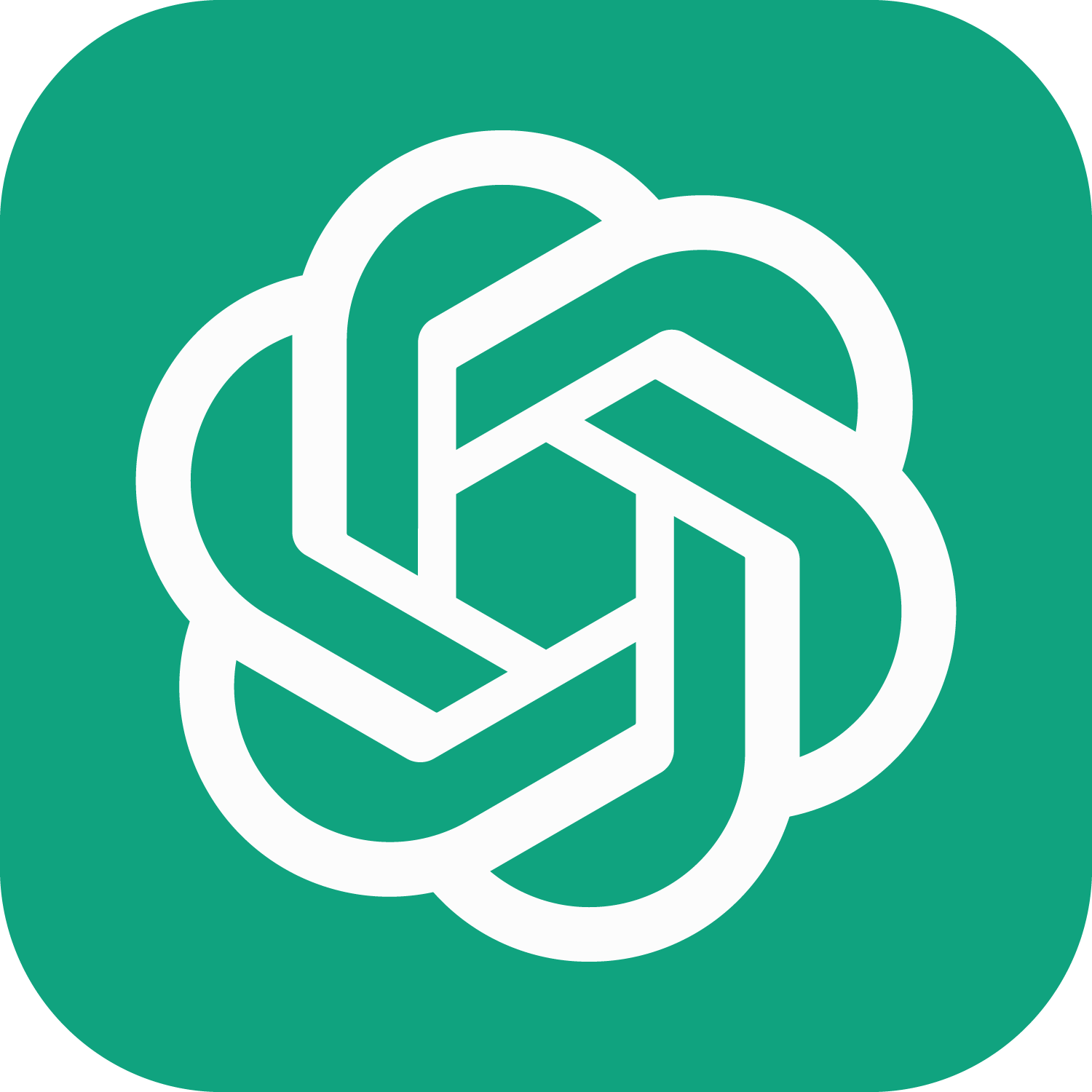Master Deep Learning: 30 Days Activity
It’s unlikely that one can truly “master” deep learning in just 30 days. Deep learning is a complex and rapidly evolving field that requires a significant amount of time and effort to truly understand and apply effectively.

However, in 30 days, one can certainly make significant progress in learning the fundamentals of deep learning and gain a solid understanding of the key concepts and techniques involved. With a focused and consistent effort, one can gain a good understanding of the basics of deep learning, including neural networks, backpropagation, activation functions, and optimization algorithms, and gain hands-on experience with popular deep learning libraries such as TensorFlow and Keras.
It’s important to keep in mind that deep learning is a vast field, and there’s always more to learn and explore. While 30 days can be a good starting point, it’s just the beginning of a lifelong learning journey. The key is to stay motivated, continue to learn and experiment, and remain up-to-date with the latest research and developments in the field.
Deep Learning Mastery: 30 Days Activity
Here’s a suggested outline for a 30-day hands-on deep learning activity:
Day 1-3: Introduction to Python programming and NumPy
- Install Python and Jupyter Notebook
- Learn the basics of Python programming (data types, loops, functions, etc.)
- Introduction to NumPy library for numerical computing
Day 4-6: Introduction to Machine Learning with Scikit-learn
- Introduction to scikit-learn library for machine learning
- Learn supervised learning algorithms such as linear regression, logistic regression, and decision trees
Day 7-9: Introduction to Deep Learning with Keras
- Introduction to Keras library for deep learning
- Build and train simple neural networks for classification tasks
Day 10-12: Convolutional Neural Networks (CNNs)
- Learn about CNNs and their applications
- Build and train a CNN for image classification task
Day 13-15: Recurrent Neural Networks (RNNs)
- Learn about RNNs and their applications
- Build and train a RNN for text classification task
Day 16-18: Autoencoders
- Learn about autoencoders and their applications
- Build and train an autoencoder for image compression task
Day 19-21: Generative Adversarial Networks (GANs)
- Learn about GANs and their applications
- Build and train a GAN for generating synthetic images
Day 22-24: Reinforcement Learning
- Introduction to reinforcement learning
- Learn Q-learning algorithm and build a simple game-playing AI agent
Day 25-27: Deployment and Serving
- Deploy a trained model on a cloud platform such as Google Cloud or AWS
- Build a simple web application to serve the model
Day 28-30: Advanced Topics and Capstone Project
- Learn advanced topics such as transfer learning, object detection, and natural language processing
- Work on a capstone project that involves applying deep learning techniques to a real-world problem
Of course, this is just a suggestion, and you can adjust the topics and time allocation based on your preference and learning pace. Good luck with your learning!
Further Readings
If you’re interested in further readings on deep learning, here are some resources to consider:
- “Deep Learning” by Ian Goodfellow, Yoshua Bengio, and Aaron Courville: This is a comprehensive textbook on deep learning that covers the basics of neural networks, optimization algorithms, and advanced topics such as generative models and reinforcement learning.
- “Hands-On Machine Learning with Scikit-Learn, Keras, and TensorFlow” by Aurélien Géron: This book provides a practical and hands-on approach to deep learning with an emphasis on using popular libraries such as Scikit-Learn, Keras, and TensorFlow.
- “Neural Networks and Deep Learning” by Michael Nielsen: This is a free online book that covers the basics of neural networks and deep learning, with a focus on understanding the underlying mathematics and algorithms.
- “Deep Learning Specialization” on Coursera: This is a series of online courses taught by Andrew Ng that covers the basics of deep learning and provides hands-on experience with popular libraries such as TensorFlow and Keras.
- “Deep Learning for Coders with fast.ai and PyTorch” by Jeremy Howard: This book provides a practical and project-based approach to learning deep learning with a focus on using the fast.ai and PyTorch libraries.
- arXiv: This is a repository of research papers in the field of machine learning and deep learning. It is a great resource for keeping up-to-date with the latest research and developments in the field.
Overall, there are many resources available to learn more about deep learning, and the best approach is to find a resource that works well for you and fits your learning style. Whether it’s books, online courses, or research papers, the key is to stay curious and keep learning.

